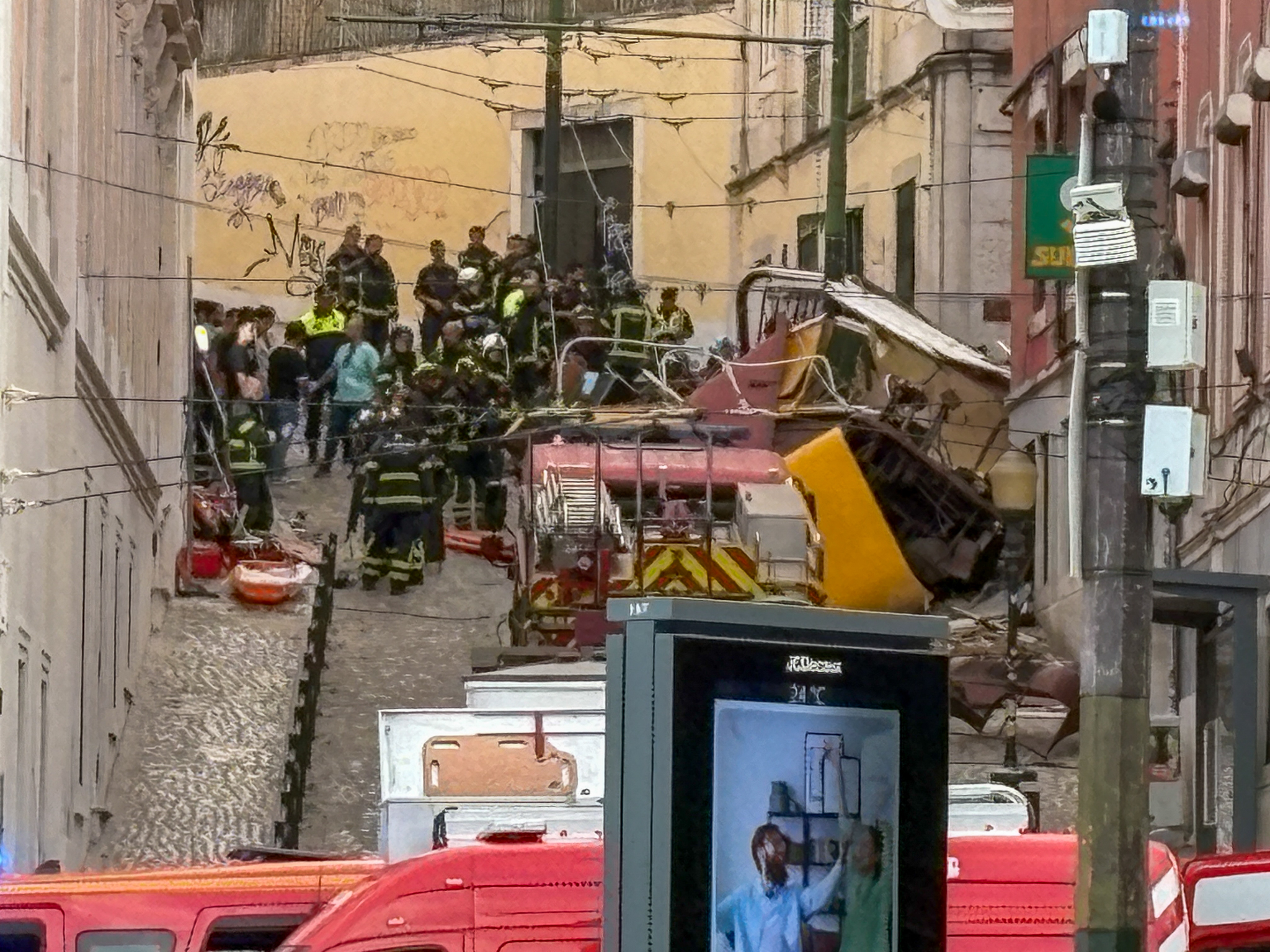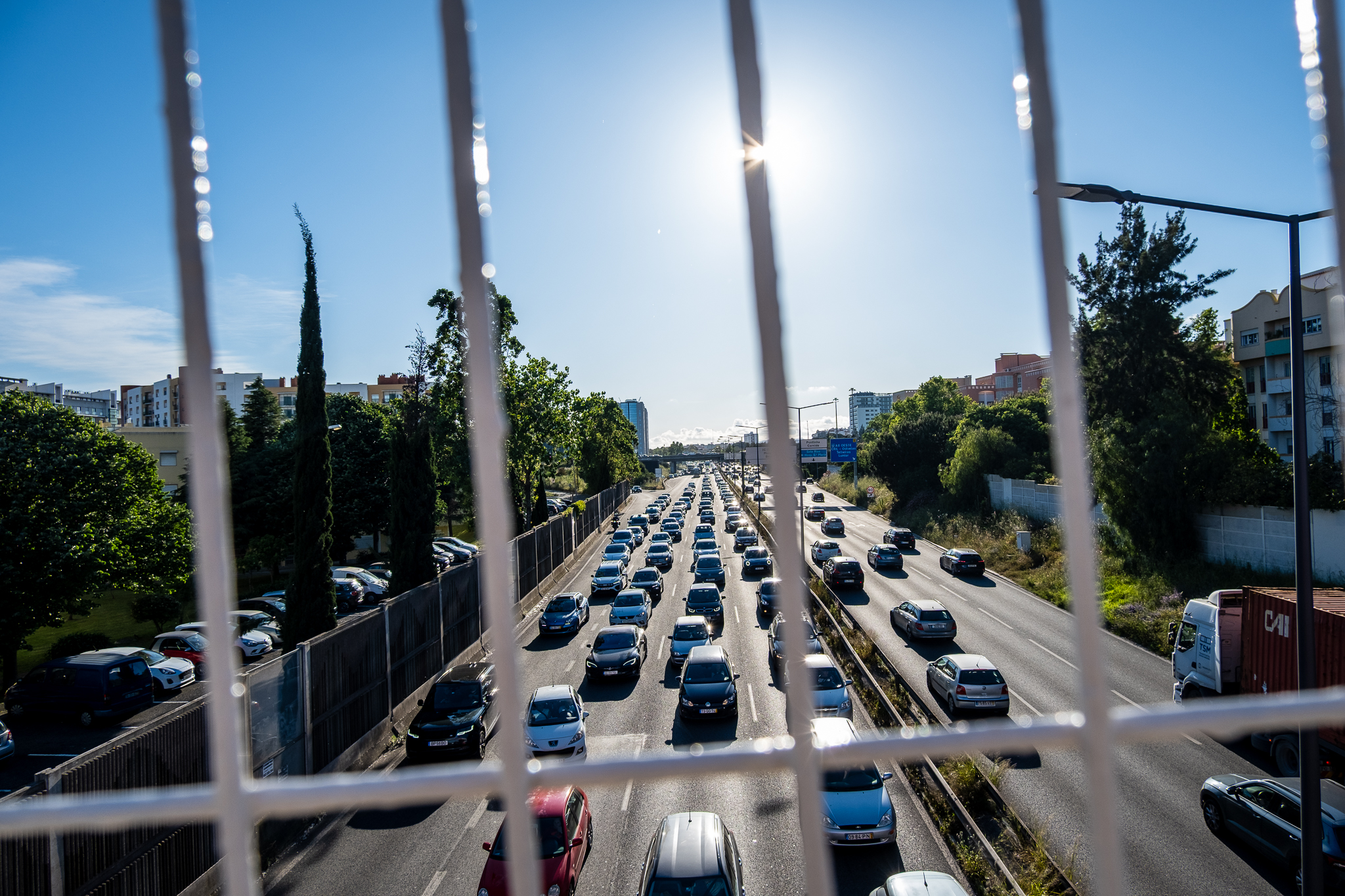Lisbon City Hall published the first diagnosis of Local Lodging in the city. The technical report serves as a starting point for a proposal of alteration to the Municipal Regulation, which will be presented by the Vereadora of Urbanism and discussed in the next weeks. PS has already given a "quick answer" to the autarchy's study.

O The period of greatest growth in the Local Lodging (AL) market in Lisbon occurred between 2014 and 2019. In this five-year period, 91.1% of the AL units that exist in the city today came into existence and an average of 3,670 new AL titles were issued per year. These data are from the first Report on Characterization and Monitoring of Local LodgingThe Lisbon City Council has now published its 2022 report. The municipality recognizes that "the regulation and containment of this market came too late to prevent a phase of huge expansion in several neighborhoods of the Historic Center".
"The technical work done shows that the Municipal Local Accommodation Regulation came into effect late in 2019"says the Lisbon City Hall (CML) in a press release. The report also shows that the the announcement, at the end of 2021, of the intention to suspend the issuance of new LA bonds generated a "license race". At the press conference to present Lisbon's Municipal Housing Charter, the Mayor, Carlos Moedas, had already anticipated this situation, explaining that between the announcement of the measure by the PS in the press, its discussion and vote in a city council meeting, and the procedural referral of the issue to the City Council, there is an extended time gap that allowed the market to anticipate the suspension.

According to the Lisbon City Hall, the Local Lodging Characterization and Monitoring Report includes a complete analysis of the dynamics of Local Lodging, relating it to tourism enterprises, population, housing, urban rehabilitation and the real estate market. It also includes a summary of the meetings held with the 24 Parish Councils and with the 27 experts on the subject, and the results of the Local Lodging Monitoring Commission (CAAL).
The municipality has identified that some applications for Local Lodging licenses are made pre-emptively and that "a large part never gets to be used for actual exploitation"This is why there is talk of "phantom licenses". Only about 36% of the titled Local Lodgings are active, which means that almost two out of three titled lodgings have no active operationindicates CML.


CML also highlights that “Local Lodging is a very relevant source of income for thousands of families"., by pointing "clear data" In this sense: 73.6% of the LA license holders are natural persons and almost 70% of the holders have only one Local Lodging unit. It also emphasizes "the importance of the start of vistorias for new titles in 2022, promoted by the current executive", and that allowed us to verify that "on average only 1 out of 10 units was able to start up".
In the report these conclusions can be consulted in greater detail, as well as several other essential points to characterize the dynamics of Local Lodging in Lisbon. The document was made available for consultation by all interested parties.
The Local Lodging Characterization and Monitoring Report will be accompanied by a proposal for the revision of the Municipal Regulation for Local Lodgingwhich will be taken to a City Council meeting in the coming weeks. For now, both the report and the proposal are being presented in five meetings between the Councilor of Urbanism, Joana Almeida, and the Councilors without portfolio. "These meetings are an essential step in presenting the findings of the report and starting the conversations about the revision of the Municipal Regulation of Local Lodging, the instrument that establishes the rules for the Local Lodging market in Lisbon"the municipality points out in the same press release.

PS responds to the report
On the sidelines of these meetings, the socialist council sent, in the meantime, to the media a "quick response" about "some statements" of the Lisbon Chamber "because they are not true". Specifically, the PS councilors of the municipality refer that, “contrary to what the CML says".the approval of the Municipal Regulation for Local Lodging in Lisbon was late; "on the contrary, it took place on the very day that municipalities became legally empowered to license or suspend new Local Lodging licenses".
"Carlos Moedas should be remembered, because he was part of the Government that passed a law defining that the licensing of Local Lodging was a central competence of the Government, ignoring the opinion and competences of the municipalities"the socialists point out. "It was Fernando Medina who asked Parliament to change the law, still in 2017, passing that competence to the municipalities. The new law was approved in October 2018, with PSD and CDS voting against, and that same day Lisbon suspended new Local Accommodation licenses in the historic city center."
They also add that, "contrary to what the CML claims, not only did the approval of the regulation not take place 'too late', since the municipality cannot regulate activities for which it has no legal competence, but the entire discussion took place without new licenses being issued in the neighborhoods most pressured by tourism. The approval of the regulation took place, once again, with the votes against of PSD and CDS, which continued to defend the old regime of total liberalization of Local Lodging".
The socialists accuse the parties that sustain the current city government - PSD and CDS - of voting "against the regulatory powers of the municipality and against any measure by it to limit the growth of Local Lodging", in a position that they say is clear and has continued over the past five years, "in Parliament and in the CML".
In the note sent to the press, the council of the PS, formed by Inês Drummond, Pedro Anastácio, Cátia Rosas and Rodrigo Lino Gaspar, also criticizes the numbers presented in relation to new license requests after the expansion of the AL activity in 11 parishes of the city was determined, by proposal of PS and FreeIt was approved by a majority in both the City Council meeting and the Municipal Assembly in September/October 2022. "This initiative has not led to any rush for licenses, rather it has prohibited the growth of this activity in these neighborhoods"say the socialist councilors. "Comparing license numbers from 2022 with those of the pandemic years, as Councillor Joana Almeida [who is responsible for urban planning] has done, is not a serious form of debate. The PSD and CDS councilors once again voted against yet another measure to regulate AL in Lisbon, with Carlos Moedas criticizing a measure that, he says, calls into question the 'freedom to undertake' in the city."
Town Planning Councilor finalizes proposal for the revision of the Municipal Regulation of LA
After the conclusion of the Local Lodging Characterization and Monitoring Report, the Lisbon City Council, led by Councilwoman Joana Almeida, defined the amendments to be proposed under the review process of the Municipal Regulation of Local Lodging, in force since 2019.
The final document is still being worked on. Among the changes, which are being discussed with the opposition Councilors, are:
- a change to monitoring based on parish boundaries. The monitoring based on parish boundaries implies that the Municipal Regulation will use the parish as the basic geographic unit for regulation, monitoring and inspection of Local Lodging, instead of using the so-called Homogeneous Tourism Zones, as is currently the case. This change promotes greater stability and clarity in the analysis of the zones targeted for contention, according to the Town Council.
- an changing containment area ratios to 5% (relative containment areas) and 15% (absolute containment areas). This change means that the parishes will be in relative contention when there are five or more local accommodation titles per 100 dwellings, and will be in absolute contention when a total of 15 local accommodation titles per 100 dwellings is reached.
- an adjustment to the exceptional permissions allowed for Local Lodging in contention areas. In parishes in absolute restriction, new Local Lodging registrations may be granted exceptionally, upon approval by the Town Council, in cases of complete rehabilitation of vacant or dilapidated buildings, ensuring that 25% of the dwellings are subject to a maximum rent or sale value. In parishes under relative restraint, permits may be granted on an exceptional basis for the registration of Local Lodging in the modality "rooms" in permanent dwellings with typologies T2 or higher;
- a ensuring that council properties sold in contention areas cannot be used as Local Accommodation in the future;
- an strengthening the monitoring and inspection of Local Lodgingwith a clarification of responsibilities and competencies within the Lisbon City Council;
- o involvement of the Parish Councils in monitoring and supervision of proximity. Parish Councils will also be asked for non-binding mandatory prior opinions for new registrations in contention areas;
- and the effectiveness of the Local Lodging Ombudsman to make more effective the response to issues generated by the operation of Lodging establishments. The mediation function should be active and aimed at ensuring the prevention and alternative resolution of conflicts between stakeholders.
The proposal to change the Municipal Regulation for Local Lodging will be discussed in a meeting of the Lisbon City Council in the coming weeks.










